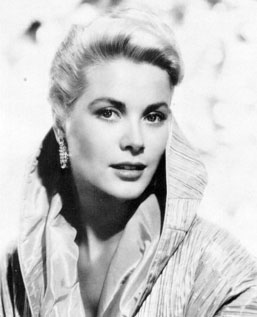 Two people have broken a Guinness World Record by watching movies for 123 hours inside a transparent plastic box in Times Square. Apparently they could not divert their eyes from the screen (makes sense) but they could have a 10-minute break between movies, which seems like cheating until you realize 123 hours equals about five days, and when else are they going to sleep? I could not do this. I fall asleep easily, and I am virtually incapable of watching more than two or three movies in a row except when in film-festival mode (and even then it gets tiresome).
Two people have broken a Guinness World Record by watching movies for 123 hours inside a transparent plastic box in Times Square. Apparently they could not divert their eyes from the screen (makes sense) but they could have a 10-minute break between movies, which seems like cheating until you realize 123 hours equals about five days, and when else are they going to sleep? I could not do this. I fall asleep easily, and I am virtually incapable of watching more than two or three movies in a row except when in film-festival mode (and even then it gets tiresome).I've thought about doing a straight sit-through of the Alien franchise. I'm sure many people have watched all six Star Wars movies in a row. I myself have never engaged in a marathon of anything other than "Arrested Development." Although on Sunday I plan to watch Ghostbusters and Ghostbusters 2 back-to-back. But that's not quite a feat.
Anyway, the news story does not say what the record-breakers watched, other than Iron Man to begin and Thelma and Louise to end. Did they have options? Or was the lineup pre-programmed? Estimating a total of 10.25 hours of breaktime leaves 112.5 hours for movie-watching. You could probably fit 56 movies in that time, figuring an average of two hours for running time. If I had to perform this feat and could choose the movies, I'd want a heart-racer or spine-tingler every third or fourth movie, just so I'd stay in the game. Here would be my 15 picks to split up the slog, in order of intensity:
Hour 8. The Innocents. Just enough silence and dread to perk me up.
Hour 16. Michael Clayton. I would not miss a frame of this delicious movie.
Hour 24. Changing Lanes. Same here. Gorgeous, suspenseful drama.
Hour 32. Wild Things. A little titillation after more than a day of watching.
Hour 40. True Lies. Lots of fun, with great pacing by John Cameron.
Hour 48. The Game. A tense mindf*ck. A clamor for relief.
Hour 56. The Fugitive. Harrison Ford carries me all the way.
Hour 64. The Shining. There's something about long, straight tracking shots.
Hour 72. Indiana Jones and the Last Crusade. Quintessential bruised-forearm movie.
Hour 80. Open Water. You can't fall asleep while treading water.
Hour 88. The Silence of the Lambs. Tick tock, tick tock, tick tock.
Hour 96. The Blair Witch Project. This is the only terrifying movie on here.
Hour 104. Requiem for a Dream. Can't imagine what this is like to watch on no sleep.
Hour 112. Speed. A movie with three great climaxes. Bam bam bam.
Hour 120. Alien. To look away or fall asleep would be like plugging one's ears during a Beethoven symphony.
What movie always makes you perk up? What is the most intense movie you've ever seen? My answer to the latter question (right now, anyway) is Training Day, which completely gutted and drained me even though (or because) I didn't really like it.
.jpg)




















